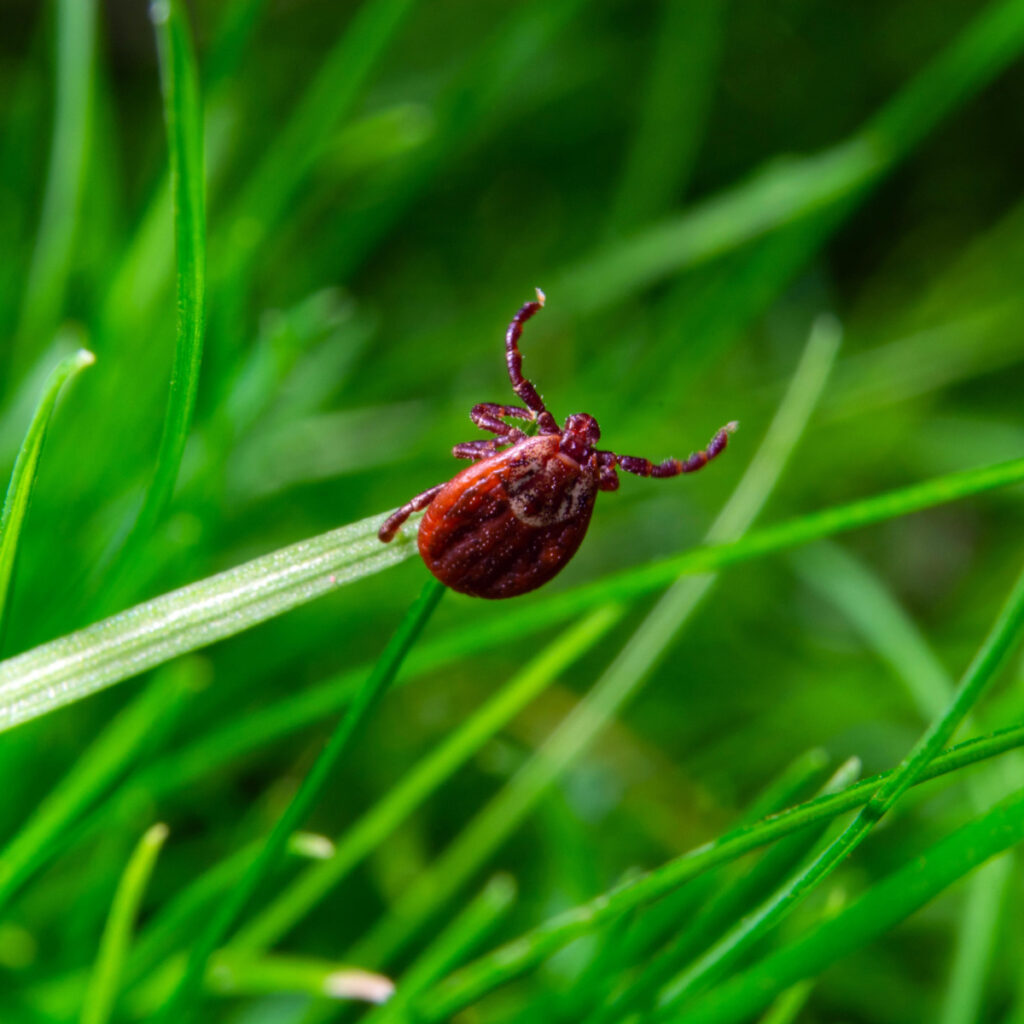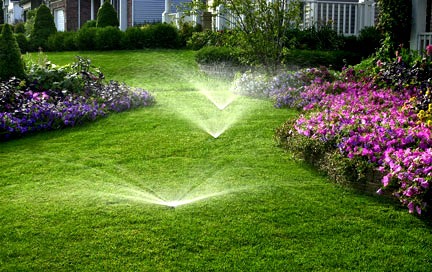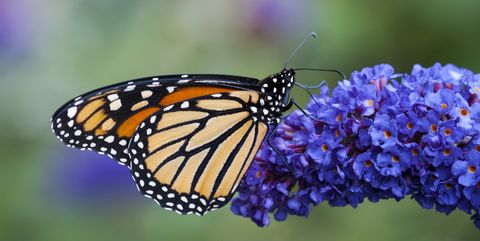Understanding Florida’s Mosquito Season: When and Why It Peaks
Florida’s mosquito season is not just a minor inconvenience; it’s a significant period that demands attention and preparation. The season typically begins in earnest in the spring, as temperatures start to rise, and can last until the late fall. This extended period is due to Florida’s warm climate and abundant water sources, creating an ideal breeding ground for mosquitoes. The peak of mosquito activity in Florida usually occurs during the hot and humid summer months, from June through September, when the combination of high temperatures and frequent rains creates perfect conditions for mosquitoes to breed and thrive.
Understanding the timing of Florida’s mosquito season is crucial for residents and visitors alike. The state is home to various types of mosquitoes, including those capable of transmitting diseases such as Zika virus, West Nile virus, and dengue fever. These mosquitoes have different breeding habits but generally prefer standing water to lay their eggs. The peak times for mosquito activity are typically during dusk and dawn, although this can vary depending on the species.
Florida’s unique ecosystem supports a higher diversity and population of mosquitoes than many other states. The combination of its subtropical climate, extensive wetlands, and frequent summer storms allows mosquito populations to flourish. Consequently, understanding when mosquito season peaks and why it’s particularly intense in Florida is the first step in preparing to mitigate the health risks associated with these pests. By recognizing the seasonal patterns and environmental factors that contribute to mosquito activity, individuals can take proactive measures to protect themselves and their families from the nuisances and potential health risks posed by mosquitoes.
The Health Risks Associated with Mosquito Bites in Florida
In Florida, the warm and humid climate serves as a perfect breeding ground for mosquitoes, making mosquito bites an unavoidable aspect of life for many residents and visitors. However, these bites are more than just an itchy nuisance; they can pose serious health risks. Florida’s mosquitoes are known carriers of several diseases that can affect humans. Among the most concerning are the West Nile Virus, Zika Virus, Dengue Fever, and Chikungunya. Each of these diseases can have severe symptoms and long-term health implications.
The West Nile Virus, primarily transmitted by the Culex mosquito species, can lead to conditions ranging from mild flu-like symptoms to severe neurological illnesses, such as encephalitis or meningitis. The Zika Virus, linked to the Aedes species, is particularly dangerous for pregnant women as it can cause birth defects. Dengue Fever, also spread by Aedes mosquitoes, presents flu-like symptoms that can escalate into severe dengue, leading to bleeding, organ impairment, and even death. Chikungunya, another disease transmitted by Aedes mosquitoes, causes debilitating joint pain that can last for months or years.
It’s crucial for individuals in Florida to be aware of these risks and take proactive measures to protect themselves, especially during the peak mosquito activity times. Understanding the types of mosquitoes in Florida and their breeding habits can also aid in prevention efforts. By staying informed and adopting comprehensive mosquito prevention tips, residents and visitors can significantly reduce their exposure to these health risks.

Essential Precautions to Take Before Mosquito Season Hits
As Florida’s mosquito season approaches, taking proactive steps to minimize exposure and protect yourself and your loved ones from these pests becomes crucial. Mosquitoes are not just a nuisance; they can also be carriers of serious diseases. Here are some essential precautions to consider before the peak mosquito activity begins.
Firstly, it’s important to understand the mosquito breeding habits. Mosquitoes breed in standing water, so eliminating any stagnant water sources around your property is a key preventive measure. This includes emptying water from flower pots, buckets, barrels, and pet water dishes regularly. Additionally, ensure that gutters are clean and draining properly to prevent water from pooling.
Investing in window and door screens can significantly reduce the number of mosquitoes entering your home. Check existing screens for holes or gaps and repair them as needed. Using air conditioning instead of keeping windows open can also help keep mosquitoes at bay.
When spending time outdoors, especially during peak mosquito activity times (dusk and dawn), wearing protective clothing is advisable. Long sleeves, pants, and socks can provide a physical barrier against mosquito bites. Treating clothing with permethrin, a mosquito repellent, can offer additional protection.
Finally, staying informed about the types of mosquitoes in Florida and their peak activity times can help you better prepare for and avoid exposure. Local health departments and mosquito control agencies often provide updates and alerts about mosquito activity and disease risks in specific areas.
By taking these precautions before mosquito season hits, you can enjoy Florida’s beautiful outdoors with peace of mind, knowing you’ve taken steps to protect yourself and your family from the health risks associated with mosquito bites.
Choosing the Right Mosquito Repellents: Ingredients Matter
When it comes to defending yourself against the buzzing menace in Florida, not all mosquito repellents are created equal. The key to selecting an effective repellent lies in its active ingredients, which are the backbone of the product’s ability to keep mosquitoes at bay. Among the most widely recognized and recommended ingredients by health authorities are DEET, Picaridin, IR3535, and Oil of Lemon Eucalyptus (OLE).
DEET has long been the gold standard for mosquito repellent efficacy. It’s known for its unparalleled ability to repel a wide range of mosquito species, making it a go-to choice for many Floridians. However, for those seeking a less chemical-heavy option, Picaridin offers a similar level of protection without the strong scent or greasy feel associated with DEET products.
IR3535 is another synthetic ingredient, appreciated for its gentle formulation that’s suitable even for children and sensitive skin. It provides a decent duration of protection, making it a practical choice for everyday use. On the natural front, Oil of Lemon Eucalyptus (OLE) stands out as a plant-based alternative that can rival the effectiveness of some chemical repellents. However, it’s important to note that OLE should not be used on children under three years of age.
Choosing the right mosquito repellent involves considering the specific types of mosquitoes in Florida, your personal skin sensitivity, and the duration of protection you need. Whether you’re gearing up for a hike through the Everglades or simply spending an evening in your backyard, ensuring your repellent contains one of these key ingredients is a crucial step in keeping those pesky mosquitoes away.

Natural Alternatives: Safe and Effective Mosquito Repellents
As we navigate through the challenges of mosquito season in Florida, many of us are on the lookout for safer, more natural alternatives to chemical repellents. The good news is that there are several effective natural solutions that can help keep mosquitoes at bay without the need for harsh chemicals. These alternatives not only offer protection against mosquito bites but also align with eco-friendly practices, making them a preferred choice for environmentally conscious individuals.
One of the most popular natural repellents is citronella oil, derived from the leaves and stems of the lemongrass plant. Citronella candles and oils are widely recognized for their mosquito-repelling capabilities. When used outdoors, they can create a protective barrier against mosquitoes. Another effective natural repellent is eucalyptus oil, particularly the lemon eucalyptus variety, which has been endorsed by the Centers for Disease Control and Prevention (CDC) as an effective mosquito repellent.
Other natural substances that have shown promise in repelling mosquitoes include lavender oil, peppermint oil, and tea tree oil. These oils can be applied directly to the skin when diluted with a carrier oil or used in diffusers to keep the surrounding area mosquito-free. Additionally, planting mosquito-repelling plants like marigolds, lavender, and basil around your home can serve as a long-term deterrent against mosquito breeding and activity.
While natural repellents are a safer alternative, it’s important to note that their effectiveness can vary based on the concentration of the active ingredients and the application method. For optimal protection, it’s recommended to reapply these natural solutions regularly, especially after swimming or excessive sweating. By incorporating these natural alternatives into your mosquito prevention strategy, you can enjoy the outdoors with peace of mind, knowing you’re protected in a safe and eco-friendly way.
The Role of Clothing in Mosquito Bite Prevention
When it comes to defending yourself against the relentless buzz and bite of mosquitoes in Florida, don’t overlook the simple yet effective strategy of dressing appropriately. The right clothing can serve as a first line of defense, significantly reducing your chances of becoming a feast for these pesky insects. As we navigate through the peak mosquito activity times, understanding how to use clothing to your advantage is crucial.
Firstly, opt for long sleeves and long pants when venturing into areas known for high mosquito activity. This might seem counterintuitive, especially with Florida’s warm climate, but many lightweight and breathable fabrics can provide protection without causing overheating. Look for materials that are tightly woven, as mosquitoes can find their way through looser weaves.
Color also plays a role in attracting or deterring mosquitoes. Darker colors tend to absorb more heat and can make you more visible to mosquitoes. Instead, choose lighter colors that reflect light, making you less appealing to these insects. Additionally, there are clothing options available that are pre-treated with permethrin, an insect repellent that is safe for use on fabrics. These garments offer an extra layer of protection and can be especially useful for those spending extended periods outdoors.
Don’t forget about your feet. Mosquitoes can and will bite through thin socks, so consider wearing shoes that fully cover your feet and thicker socks if you’re in an area with a high mosquito population. By taking these precautions and choosing your clothing wisely, you can significantly reduce your risk of mosquito bites, allowing you to enjoy Florida’s outdoor beauty with greater peace of mind.

Mosquito-Proofing Your Home: Practical Tips and Tricks
As Florida’s mosquito season approaches, taking proactive steps to mosquito-proof your home can significantly reduce your exposure to these pesky insects and the health risks they pose. Mosquitoes are not only a nuisance but can also transmit diseases, making it crucial to implement effective strategies to keep them at bay. Here are some practical tips and tricks to help you mosquito-proof your home.
Firstly, ensure that your window and door screens are in good repair. Tiny tears or gaps can be an open invitation for mosquitoes to enter your home. Consider installing fine mesh screens that provide an extra layer of protection against mosquitoes. Secondly, use air conditioning when possible. Mosquitoes prefer warm, humid environments, so keeping your home cool and less humid can deter their presence.
Another effective strategy is to use mosquito nets around sleeping areas, especially if you prefer to keep windows open at night. These nets can provide a barrier between you and the mosquitoes, ensuring a good night’s sleep without the annoyance of mosquito bites.
Additionally, it’s important to be vigilant about eliminating standing water around your home, as this is where mosquitoes breed. Regularly check and empty any containers that can hold water, such as flowerpots, birdbaths, and buckets. Ensure that gutters and downspouts are clear of debris to prevent water accumulation.
Lastly, consider using outdoor mosquito repellent devices or plants that naturally repel mosquitoes, such as citronella, lavender, and marigolds, around your home’s perimeter. These can help reduce the number of mosquitoes in your immediate environment.
By implementing these practical tips and tricks, you can create a safer, more comfortable living space during Florida’s mosquito season, protecting yourself and your loved ones from the health risks associated with mosquito bites.
The Importance of Eliminating Standing Water Around Your Property
One of the most effective strategies for reducing the mosquito population around your home is to eliminate standing water. Mosquitoes breed in stagnant water, so by removing these breeding sites, you significantly lower the chances of mosquito infestations. Florida’s climate, with its frequent rains, can easily create pockets of standing water that serve as perfect breeding grounds for mosquitoes.
Inspect your property regularly, especially after rainfall, for any accumulation of water. Common areas where standing water can collect include bird baths, clogged gutters, saucers under flower pots, children’s toys, and any debris that can hold water. It’s crucial to empty these items and areas of water at least once a week. Additionally, consider drilling holes in the bottom of recycling containers, trash cans, and other vessels that might collect water to ensure proper drainage.
For larger bodies of water that cannot be emptied or drained, such as ornamental ponds, introducing mosquito-eating fish or applying mosquito dunks can be effective. These solutions target mosquito larvae without harming other wildlife. Remember, it’s not just about removing water; it’s about being proactive in preventing water from standing still. Adjust landscaping to promote drainage, ensuring that water flows away from your home rather than accumulating.
By taking these steps to eliminate standing water, you not only protect your family and pets from the nuisance of mosquito bites but also contribute to the broader effort of reducing the health risks associated with mosquito-borne diseases in Florida. Vigilance and regular maintenance are key to keeping your property mosquito-free during the peak mosquito season.
Professional Mosquito Control Options: When to Consider Them
As Florida’s mosquito season reaches its peak, many residents find themselves battling these pesky invaders on a daily basis. While personal precautions and home remedies can significantly reduce the presence of mosquitoes, there are situations where professional mosquito control becomes a necessity. Understanding when to consider these services is crucial for maintaining a comfortable and healthy living environment.
Firstly, if you notice an unusually high number of mosquitoes around your property, it might be time to call in the experts. Professional mosquito control companies have access to more potent and effective treatments that are not available to the general public. These treatments can offer longer-lasting protection against mosquitoes, reducing their numbers more effectively than over-the-counter solutions.
Another scenario that warrants professional intervention is when there are signs of serious mosquito breeding habitats on or near your property. Types of mosquitoes in Florida often breed in standing water, and professionals can help identify and eliminate these breeding grounds, something that might be difficult for homeowners to manage on their own.
Additionally, if you or your family members are experiencing frequent mosquito bites despite taking preventive measures, it might be time to consider professional mosquito control. This is especially important if there are concerns about mosquito-borne diseases, which are a significant health risk in Florida. Professionals can implement targeted strategies to reduce mosquito populations and minimize the risk of disease transmission.
Finally, for those planning outdoor events during mosquito season, professional mosquito control can ensure that your guests are comfortable and not bothered by mosquitoes. This can be a worthwhile investment for weddings, parties, and other outdoor gatherings.
In conclusion, while many effective DIY mosquito prevention tips exist, there are circumstances where professional mosquito control is the most effective option. By understanding when to seek out these services, Florida residents can better protect themselves and their loved ones from the nuisances and health risks associated with mosquito bites.
Staying Vigilant: Daily Habits to Keep Mosquitoes at Bay
Living in Florida means enjoying its beautiful beaches, lush landscapes, and warm climate. However, it also means dealing with the peak mosquito season, which can bring about a host of unwanted health risks. Staying vigilant through adopting daily habits is crucial in keeping these pesky insects at bay. One effective strategy is to make sure you’re not inadvertently inviting mosquitoes into your living space. This means regularly checking and emptying any containers that hold water – from flower pots to pet bowls – as these can become prime breeding grounds for mosquitoes.
Another daily habit to adopt is the use of mosquito repellent whenever you’re outdoors, especially during dawn and dusk when mosquitoes are most active. Opt for repellents containing DEET, picaridin, or oil of lemon eucalyptus for the best protection. Additionally, incorporating mosquito-repellent plants like lavender, citronella, and marigold into your garden can provide a natural deterrent against these insects.
Wearing the right clothing can also make a significant difference. Opt for long sleeves and pants made from tightly woven fabrics to prevent mosquitoes from biting through. Treating your clothing with permethrin, a synthetic insect repellent, can offer an extra layer of protection.
Finally, ensuring your home is fortified against mosquitoes is key. Regularly inspect and repair any tears in window screens and doors. Using air conditioning instead of keeping windows open can also help keep mosquitoes outside. By integrating these daily habits into your routine, you can significantly reduce your exposure to mosquitoes and enjoy all that Florida has to offer with peace of mind.
